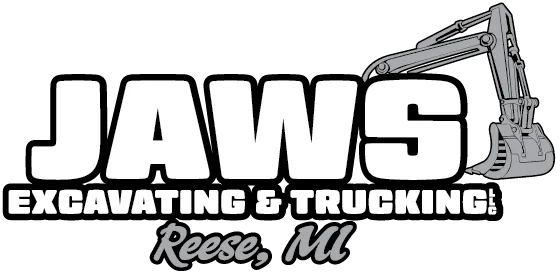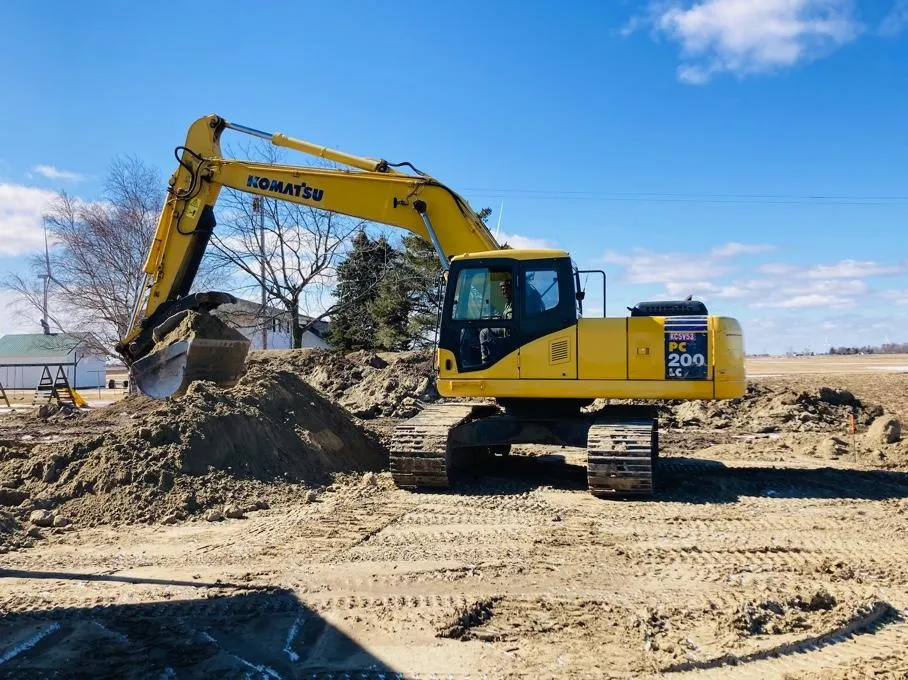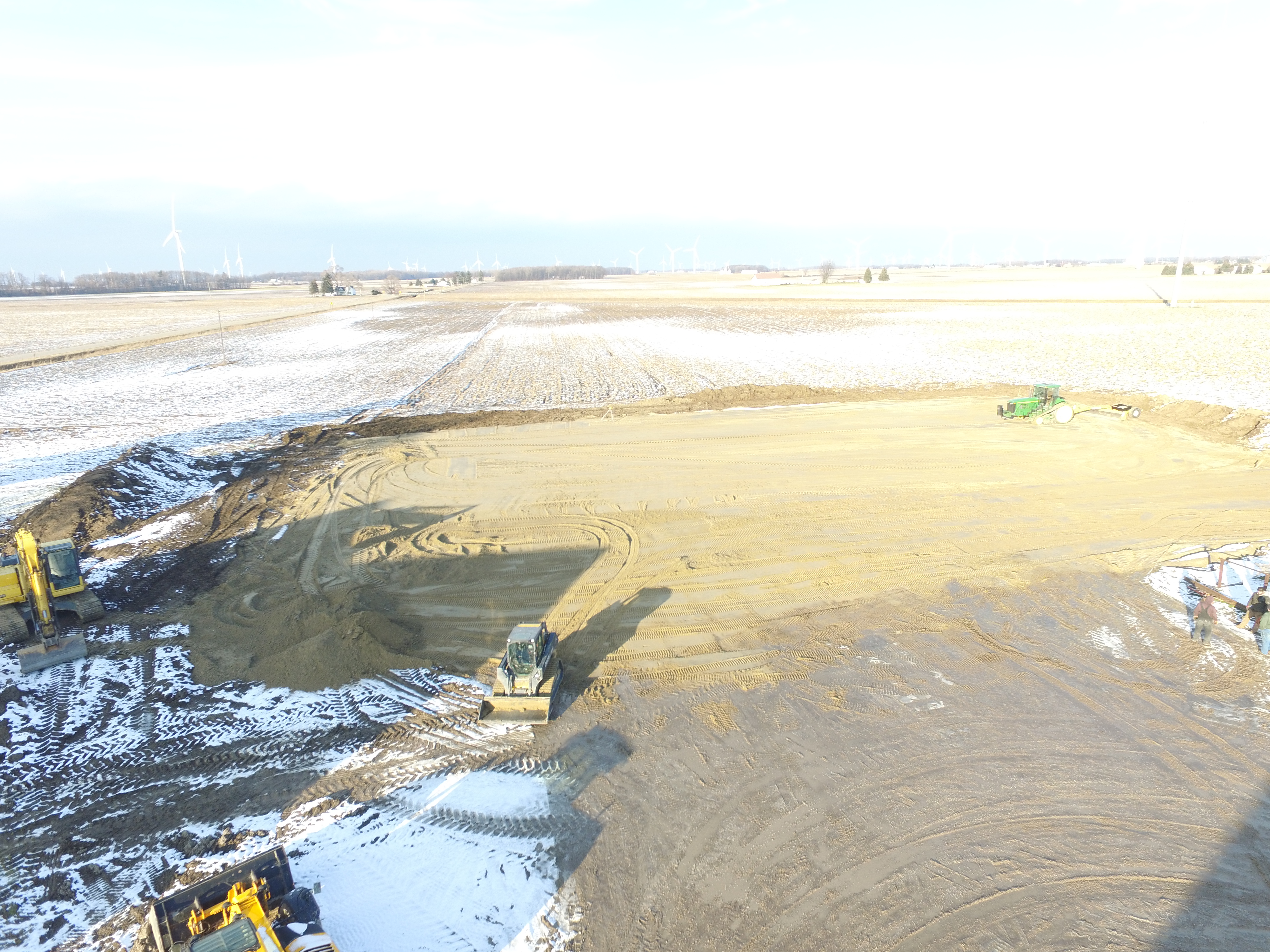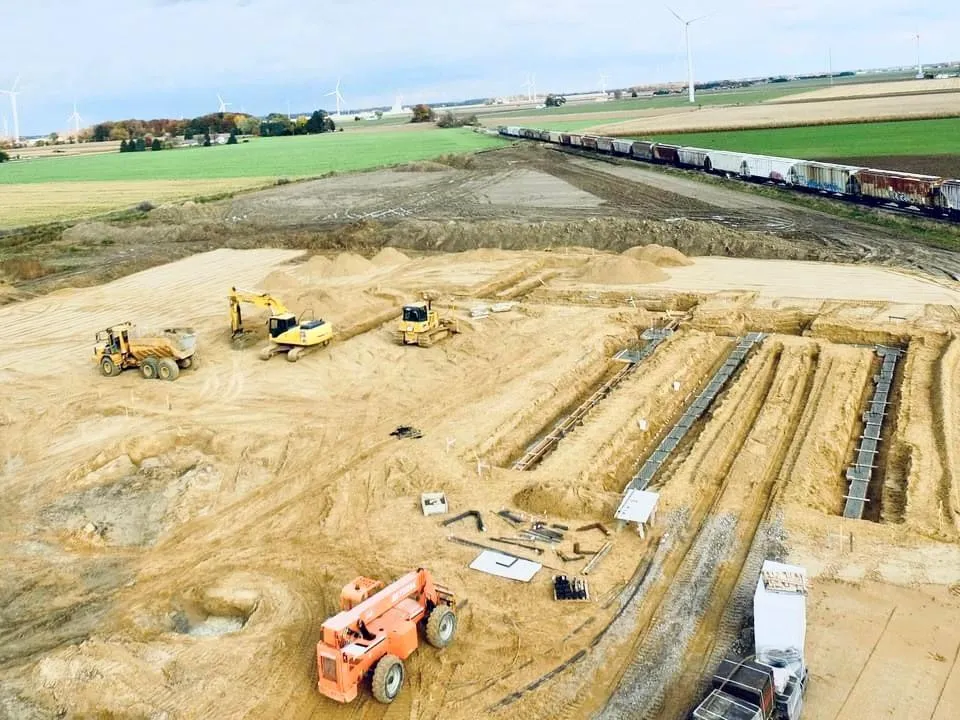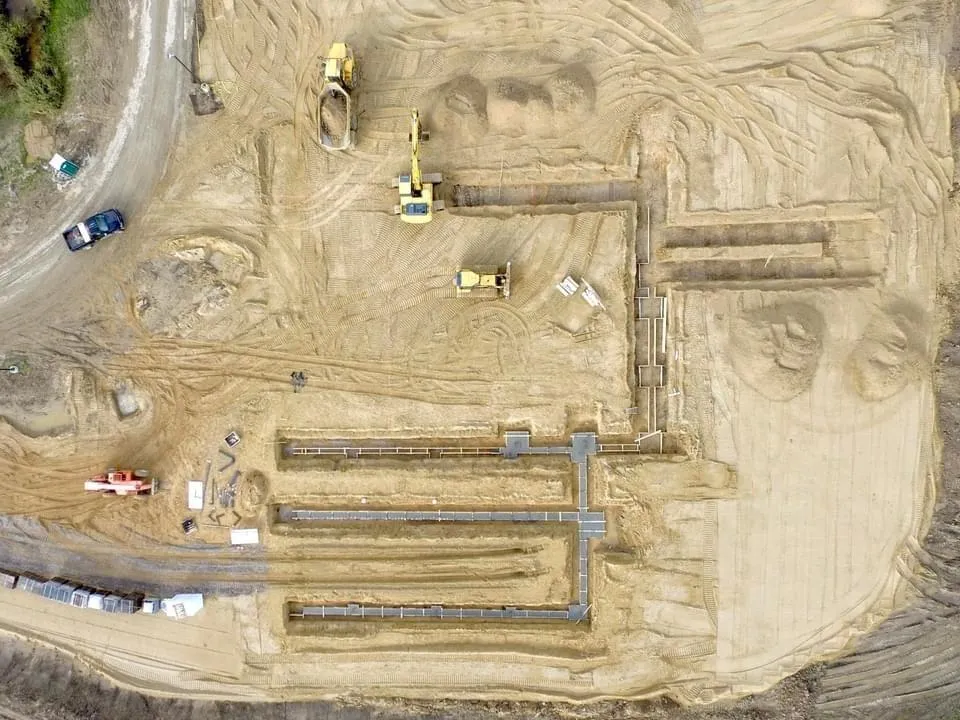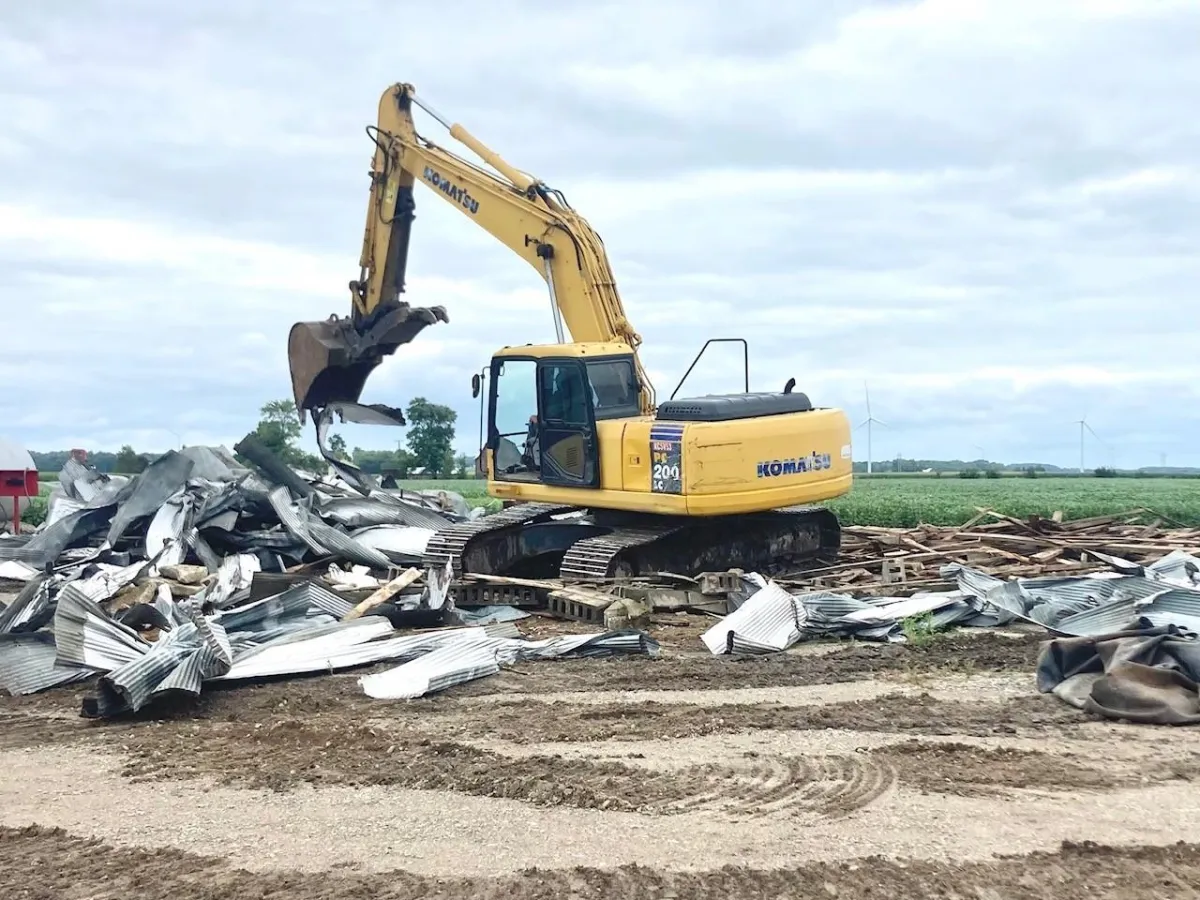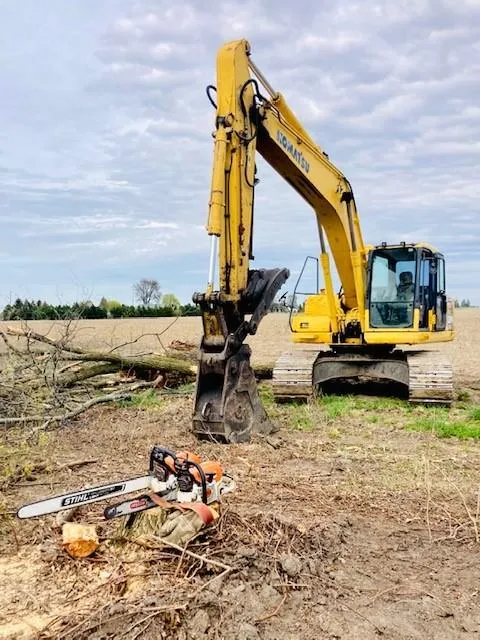
Excavation Laborer Job Description: Duties and Responsibilities
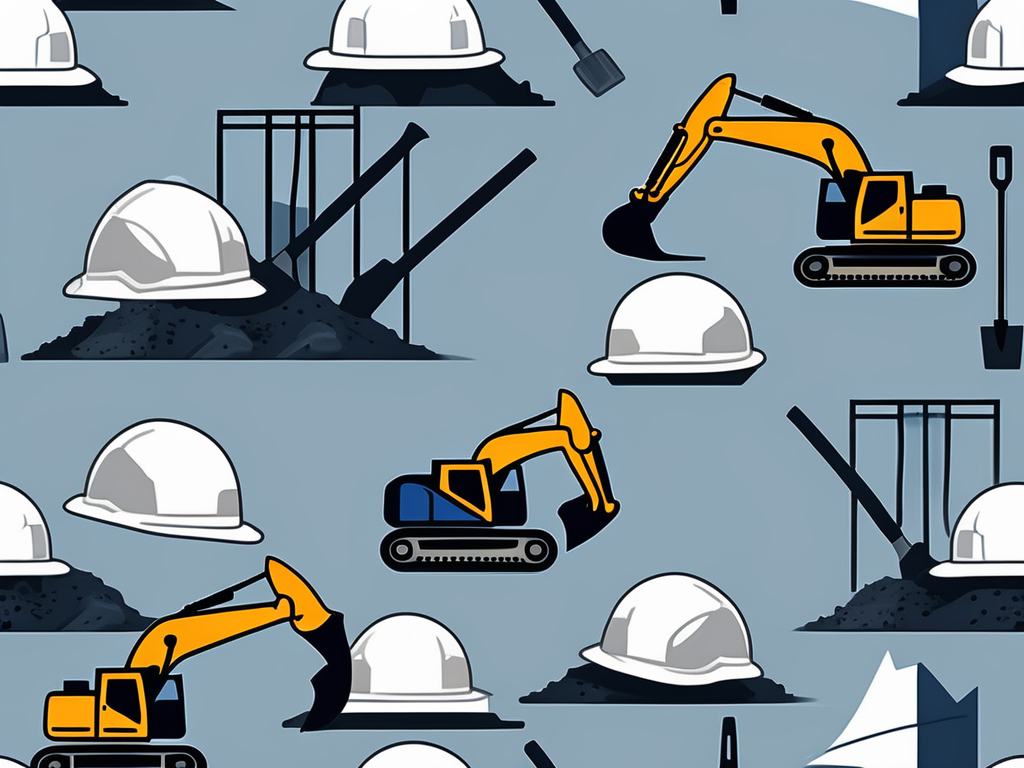
Excavation Laborer Job Description: Duties and Responsibilities
Excavation laborers play a crucial role in construction projects. They are responsible for a variety of tasks, ranging from general labor to specialized duties. In this article, we will delve into the key responsibilities and qualities that define the role of an excavation laborer. Whether you are considering a career in construction or are simply curious about the job, this article will provide you with a comprehensive understanding of the excavation laborer job description.
Understanding the Role of an Excavation Laborer
Excavation laborers are an integral part of any construction team. They work alongside other construction professionals, such as excavator operators and construction supervisors, to ensure the smooth execution of excavation projects. Excavation laborers typically work outdoors, exposed to various weather conditions and physical demands. Their roles range from basic manual labor to operating heavy machinery, depending on the specific project requirements.
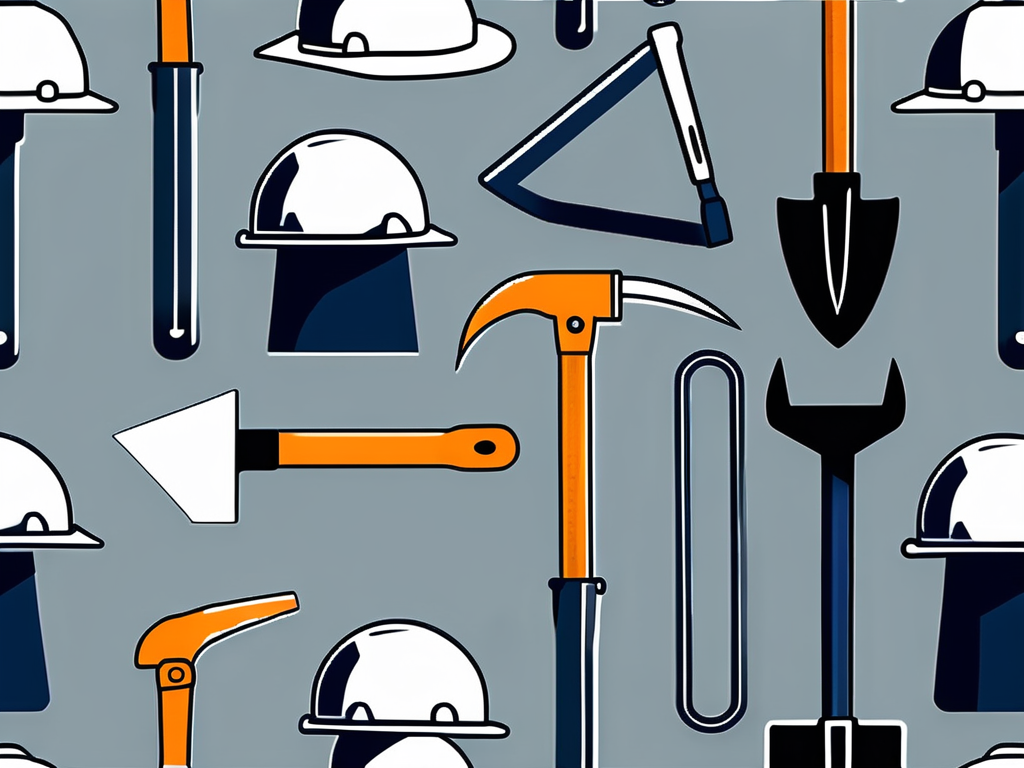
When it comes to the physical demands of the job, excavation laborers are no strangers to hard work. They are often required to perform tasks that involve heavy lifting, such as moving rocks, soil, and debris. These laborers possess remarkable strength and endurance, allowing them to tackle even the most challenging excavation projects with ease. Whether it's digging trenches or clearing land, they are always ready to roll up their sleeves and get the job done.
Key Characteristics of an Excavation Laborer
Excavation laborers possess several key characteristics that make them well-suited for their role. They are physically fit, as the job often involves heavy lifting and strenuous activities. Additionally, they are accustomed to working in a fast-paced environment, where efficiency and productivity are essential. Excavation laborers also exhibit strong teamwork and communication skills, as they collaborate closely with other construction team members.
Moreover, excavation laborers are known for their attention to detail. They understand the importance of precision in their work, as even the slightest miscalculation can have significant consequences. From measuring and marking the excavation site to ensuring the proper grade and slope, these laborers take pride in their ability to execute each task with meticulous accuracy.
The Importance of Excavation Laborers in Construction Projects
Excavation laborers play a crucial role in the successful completion of construction projects. Their primary responsibility is to prepare the construction site for further development. By excavating and moving earth, they pave the way for foundations, utility installations, and other critical construction components. Without skilled excavation laborers, construction projects would face delays and difficulties progressing.
Furthermore, excavation laborers contribute to the safety of construction sites. They are well-versed in identifying potential hazards, such as underground utilities or unstable soil conditions. Their expertise allows them to take appropriate measures to mitigate risks and ensure a secure working environment for the entire construction team. With their keen eye for safety, excavation laborers help prevent accidents and keep construction projects on track.
Detailed Job Description of an Excavation Laborer
Now that we have a general understanding of the excavation laborer's role, let's delve deeper into the specific duties and responsibilities they undertake on a daily basis.
Daily Tasks and Activities
Excavation laborers are involved in a wide range of tasks depending on the project's needs. They primarily focus on the physical aspects of excavation, such as digging trenches, grading surfaces, and backfilling holes. Their expertise extends to operating hand tools, compacting soil, and assisting in the installation of underground utilities. In addition to these tasks, excavation laborers may be responsible for erosion control, site cleanup, and material handling.
Specialized Skills Required
While excavation laborers handle various general duties, specialized skills are often necessary for specific projects. For instance, some excavation laborers are trained in the use of heavy machinery, such as excavators and skid steers. This allows them to take on additional responsibilities, including trench shoring, material hauling, and site grading. Knowledge of safety procedures, blueprint reading, and basic construction principles is also beneficial for excavation laborers.
Duties of an Excavation Laborer
Excavation laborers perform a range of duties throughout different phases of an excavation project. Let's explore their responsibilities before, during, and after excavation activities take place.
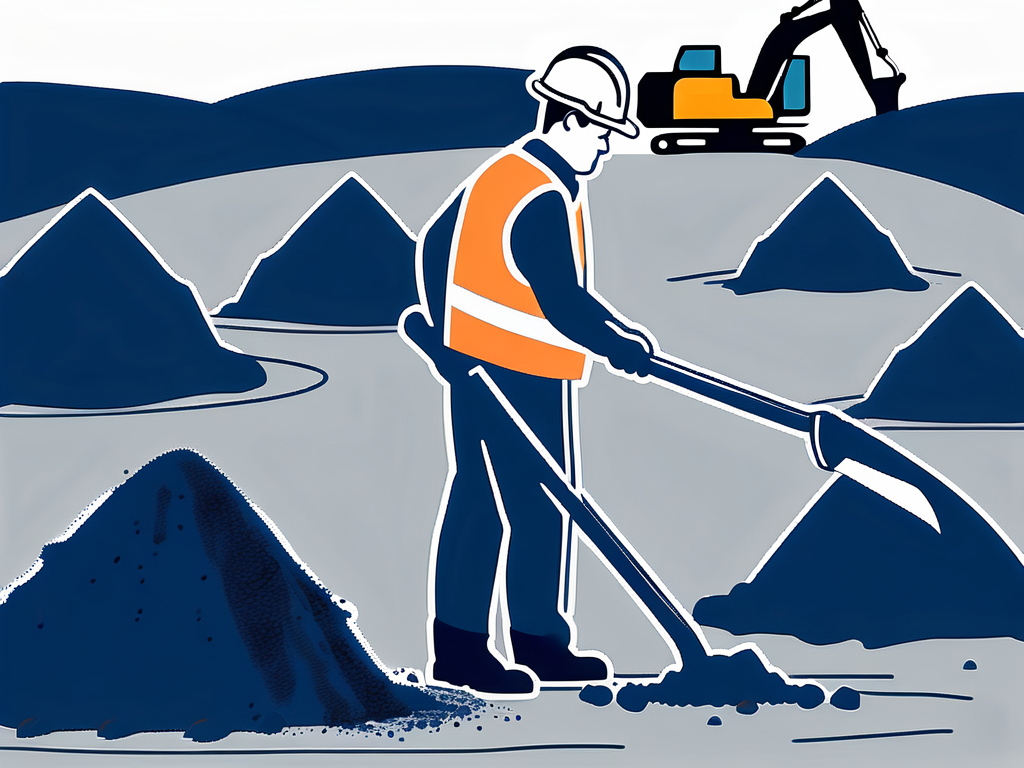
Pre-Excavation Duties
Prior to excavation, laborers assist in site preparation by marking boundaries, obtaining permits, and ensuring utility clearance. They may also be involved in surveying and site layout to ensure accurate excavation plans. Moreover, excavation laborers aid in assembling and securing equipment, ensuring all safety precautions are in place before work commences.
During Excavation Duties
During excavation, laborers collaborate closely with equipment operators, providing them with necessary guidance and support. They may be responsible for uncovering and removing obstacles, such as rocks or tree roots, to facilitate smooth digging. Excavation laborers also monitor the excavation process to ensure it adheres to project specifications and safety standards. They may need to make adjustments to the excavation depth or profile as the project progresses.
Post-Excavation Duties
After the excavation is complete, laborers play a vital role in the site restoration process. They backfill excavated areas, compact the soil, and restore the site's original condition as much as possible. Post-excavation duties may also involve cleaning equipment, organizing tools, and clearing debris from the site. Excavation laborers ensure that the construction site is left in a safe and tidy state for further development.
Responsibilities of an Excavation Laborer
Excavation laborers have various responsibilities beyond the physical tasks they perform. Let's explore some key areas where their responsibility lies.
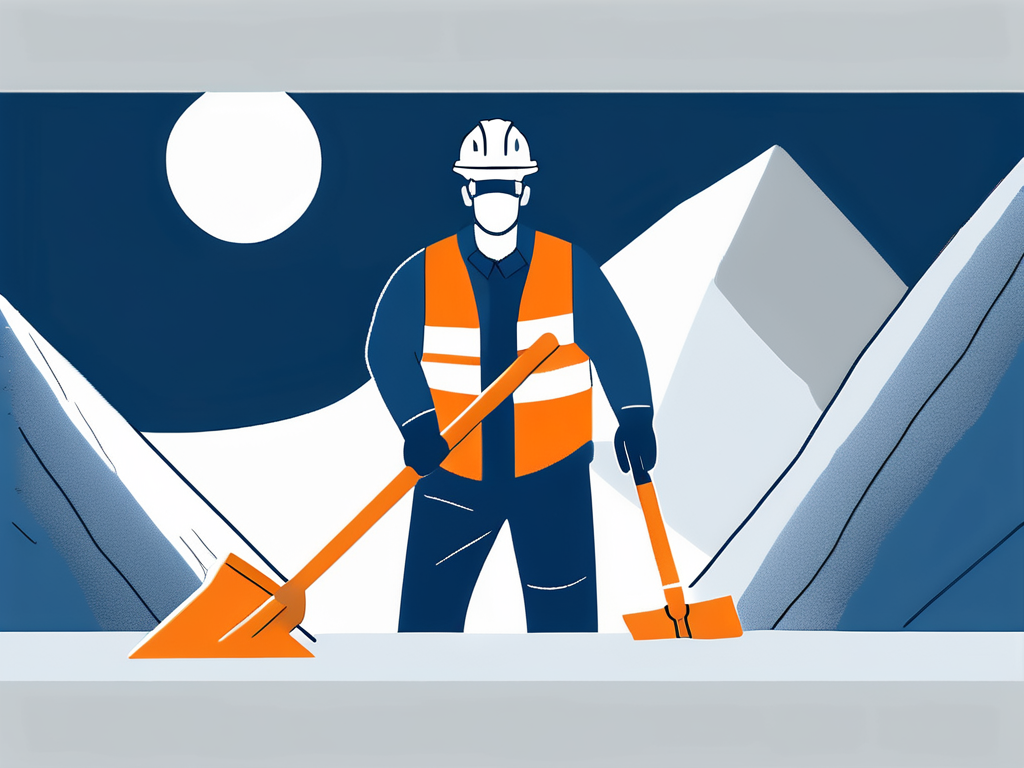
Safety Responsibilities
Ensuring safety is paramount in any construction project, and excavation laborers are no exception. They must adhere to all safety regulations and protocols, including wearing appropriate personal protective equipment (PPE) and actively participating in safety training. Excavation laborers are responsible for reporting any potential hazards or unsafe conditions they encounter to their supervisors.
Teamwork and Communication Responsibilities
Excavation laborers are an essential part of a larger construction team, and effective teamwork is crucial for project success. They must communicate effectively with coworkers and supervisors, ensuring that everyone is on the same page and aware of their assigned tasks. Collaboration and clear communication enhance productivity and project efficiency.
Equipment Maintenance Responsibilities
Excavation laborers are often responsible for the care and maintenance of tools and equipment used on the job. This includes cleaning, inspecting, and repairing equipment as necessary. By performing regular maintenance, excavation laborers help ensure that tools and machinery function safely and efficiently, reducing the risk of accidents or delays on the construction site.
Training and Qualifications for Excavation Laborers
To become an excavation laborer, certain training and qualifications are typically required. Let's explore the necessary education, certifications, and on-the-job training for this role.
Required Education and Certifications
Most excavation labor positions require a high school diploma or equivalent qualification. While formal education is not always mandatory, vocational training or courses in construction or excavation can provide a competitive edge. Additionally, certifications in first aid, CPR, and OSHA (Occupational Safety and Health Administration) safety training are highly valued and may be required by some employers.
On-the-Job Training and Experience
Much of an excavation laborer's training occurs on the job. New hires typically receive hands-on training, working alongside experienced laborers to learn the necessary skills and procedures. This on-the-job training enables them to develop a better understanding of excavation techniques, equipment operation, and safety protocols. The duration of on-the-job training may vary depending on the complexity and scale of the projects assigned.
In conclusion, excavation laborers are vital members of construction teams, responsible for a multitude of tasks essential to a project's success. Their physical prowess, attention to detail, and commitment to safety make them valuable assets on any construction site. By understanding the duties and responsibilities of an excavation laborer, you gain insight into the critical role they play in the construction industry.
If you're inspired by the dedication and expertise of excavation laborers and are in need of top-notch excavation services, look no further than JAWS Excavating & Trucking, LLC.
With our commitment to safety, quality, and guaranteed satisfaction, we stand ready to exceed your expectations on every project.
